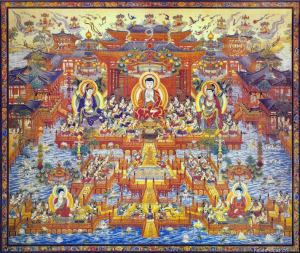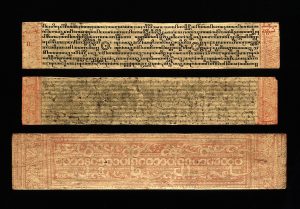Tags

A Taste of Freedom refers to a book/pamphlet that has been made available by Buddha.net that is a collection of talks by the Venerable Ajahn Chah first published in 1980.
PDF Download
A Taste of Freedom - Ajahn Chah
The talks were recorded on a simple cassette tape recorder under less than ideal conditions, so the rendering of the talks has taken some non-insignificant effort on the part of the translators. However, that the talks given by Ajahn Chah exist is of immense benefit and due appreciation should be given to those diligent enough to offer electronic or print editions of these messages.
The Venerable Ajahn Chah
Ajahn Chah, as I have said before, was a pillar of the Thai Forest Tradition, and responsible for that traditions dissemination to the West. Please take time to read these talks, your practice will benefit no matter what your Buddhist leanings may be.
Ajahn Chah’s teachings are simple, as is the Dhamma, there is no flourish, no garlands and no unnecessary complication. Ajahn Chah teaches the Dhamma as it is, and that is what makes his teachings so valuable. Simple, and to the point.
May all beings benefit from these discourses, and live free from fear.




